We are delighted to be part of AI UK 2022 where we will be launching our exciting new project partnered with The Turing Institute, The New Real Observatory. AI UK is the perfect forum to reveal what we have been working on in collaboration with artists and technologists as part of one of our core missions; to bridge the gap between global datasets and models about the climate, and the local, everyday perspectives.
About AI UK
In its second year, AI UK is the UK’s national showcase of artificial intelligence (AI) and data science research and collaboration. Hosted by The Alan Turing Institute, AI UK 2022 will be an in-depth exploration of how AI and data science can be used to solve real-world challenges. It's unique and diverse programme will be thematically structured around the UK's National AI Strategy.
Our session
We will be on the climate action stage with a mix of in person discussion, brand new project film content and Q & A sessions with our diverse artists and technologists and the audience.
The New Real Observatory invites leading digital artists to experiment with environmental datasets, climate models and processing pipelines to fuel a new generation of technology-conscious aesthetics situated in our connection with land, water, air and energy. Introducing an 'experiential AI' system developed with and for artists, to explore the link between global-scale data and ground truth, and an experiential approach to explainability in artificial intelligence.
Format
Online Virtual Conference
Audience:
Third Sector, Public Sector, Academia, Business
Watch here: https://www.turing.ac.uk/ai-uk
Watch the recording of this event
Panelists
Drew Hemment is The New Real’s project principal investigator. He is an artist, designer and academic researcher, Chancellors Fellow at Edinburgh Futures Institute and Edinburgh College of Art and Research Fellow at The Turing.
Matjaz Vidmar is our co investigator, an interdisciplinary researcher, lecturer and strategist at the University of Edinburgh. He is an (Astro)Physicist by training, now examining innovation processes and (inter-)organisational learning and change, as well as other social dimensions of emerging technologies
Dr. Daga Panas is part of our science and technology team. She is a Data Scientist at the University of Edinburgh, working in the Data Science Unit for Science, Health, People, and Environment. She holds a PhD in Computational Neuroscience and an MSc in Physics and describes herself as an all-round-geek, when pressed to write in third person. She has a varied background, including, in no particular order: deploying Machine Learning in a business environment, guiding punting tours on the river Cam, and research on the benefits of naps (often conducted personally).
Adam Harvey (US/DE) is a researcher and artist based in Berlin focused on computer vision, privacy, and surveillance technologies. He received his masters degree from the Interactive Telecommunications Program at New York University (2010) and a BA in Integrative Arts from Pennsylvania State University (2004). His previous work includes CV Dazzle (camouflage from face recognition), the Anti-Drone Burqa (camouflage from thermal cameras), SkyLift (geolocation spoofing device), and Exposing.ai (interrogating face recognition datasets).
Alex Fefegha works at the intersection of design, code, speculative fiction and art and has a habit of sharing ideas and projects in public as his works embody social issues and exposes the technological systems affecting us as individuals.
Alex's work has been recognised internationally for investigating potential active collaborative interactions between humans and machines and the exploration of future interfaces that we as humans will interact with.
Inés Cámara Leret (b.1990, Madrid) lives and works in London and Madrid. Cámara Leret is inspired by the transformative nature of materials, the methodologies used to understand these and the relations that arise. Exploring life through that which is unseen, portrayed as static or seemingly ephemeral, Cámara Leret works across disciplines. In doing so, Cámara Leret nurtures long-term collaborations that create expanded networks and bridge traditional and academic ways of knowing.
Dr Vaishak Belle is a Chancellor’s Fellow and Faculty at the School of Informatics, University of Edinburgh, an Alan Turing Institute Faculty Fellow, a Royal Society University Research Fellow, and a member of the RSE (Royal Society of Edinburgh) Young Academy of Scotland. At the University of Edinburgh, he directs a research lab on artificial intelligence, specialising in the unification of symbolic systems and machine learning, with a recent emphasis on explainability and ethics.









